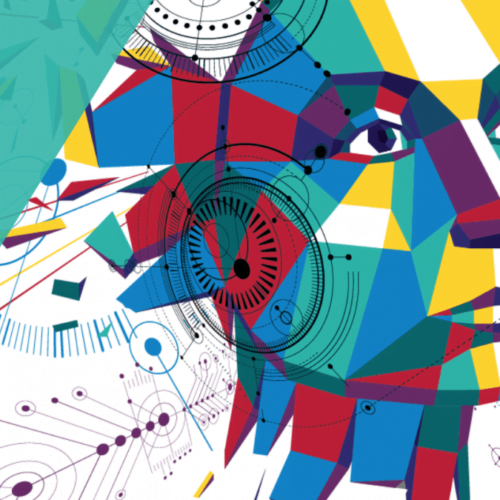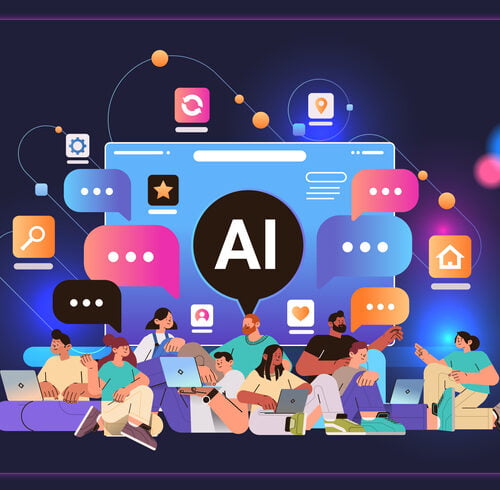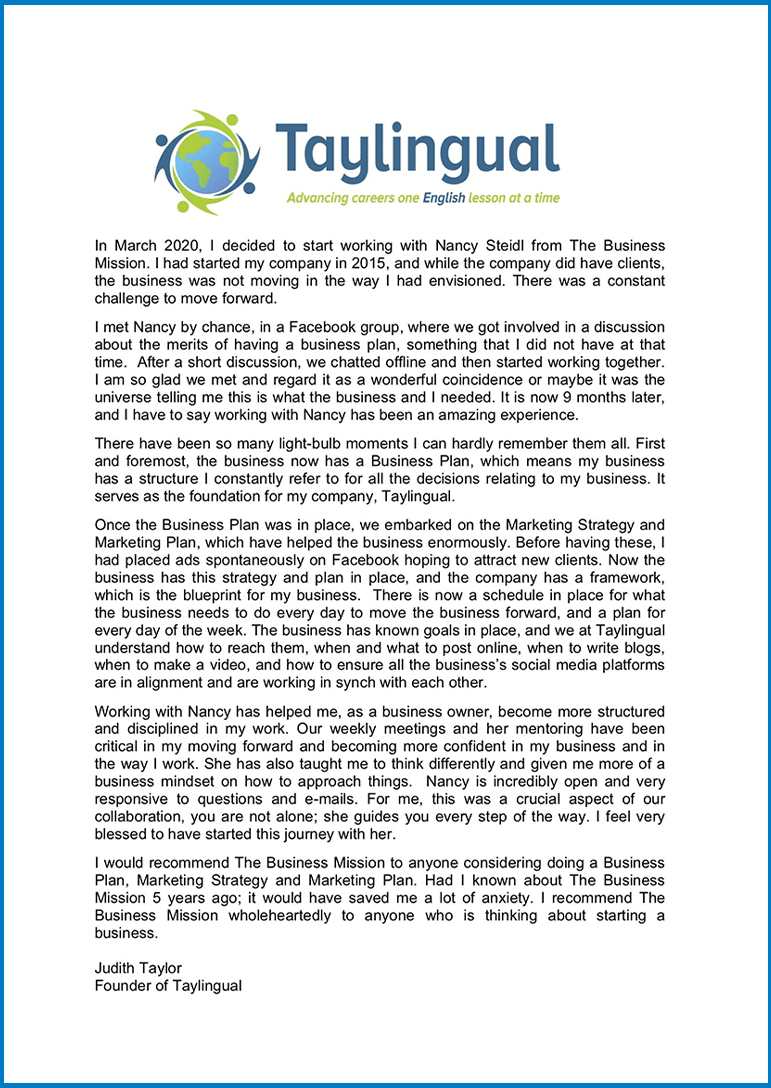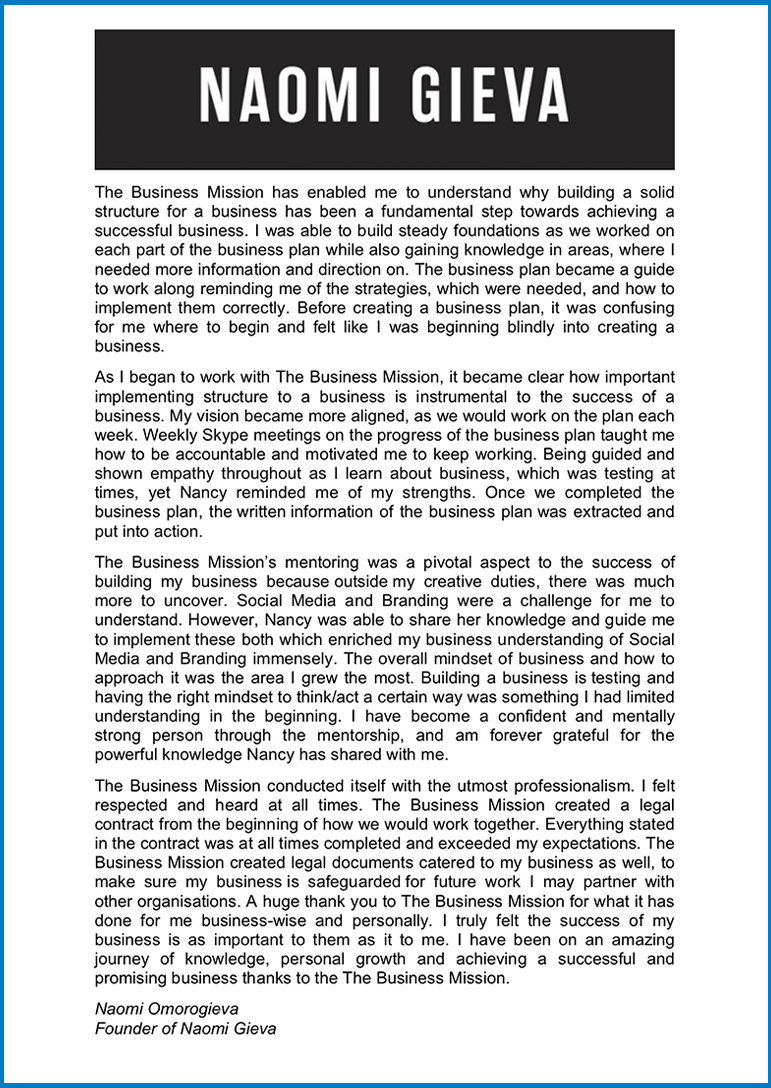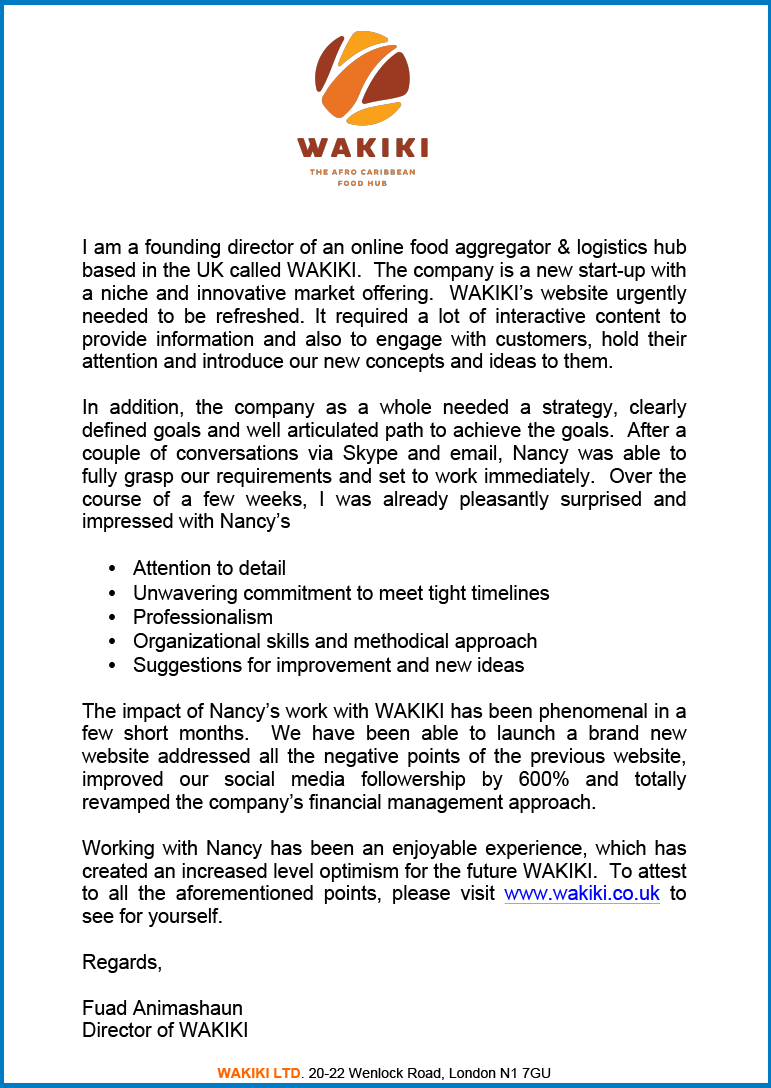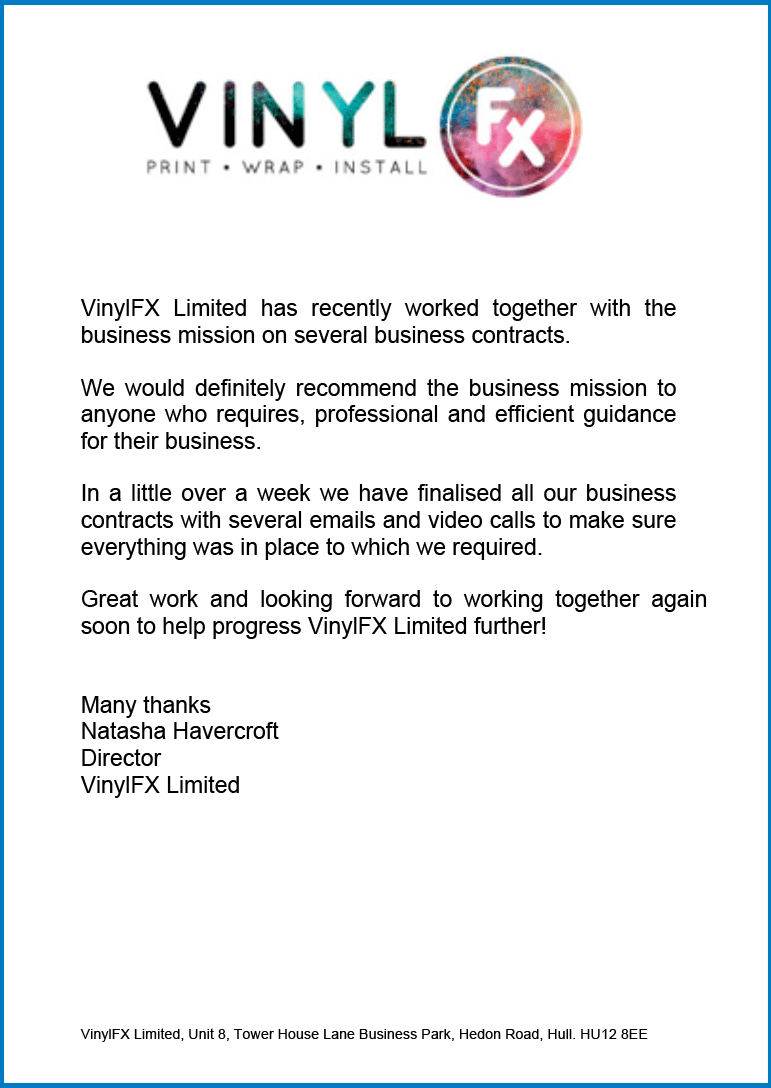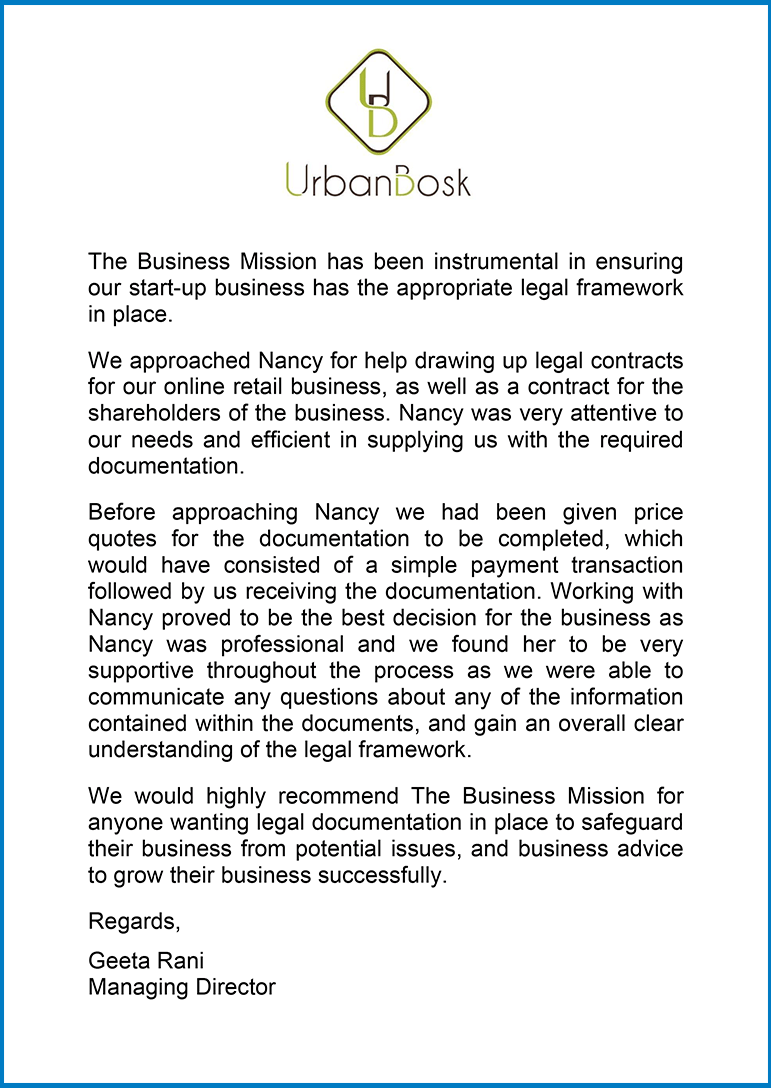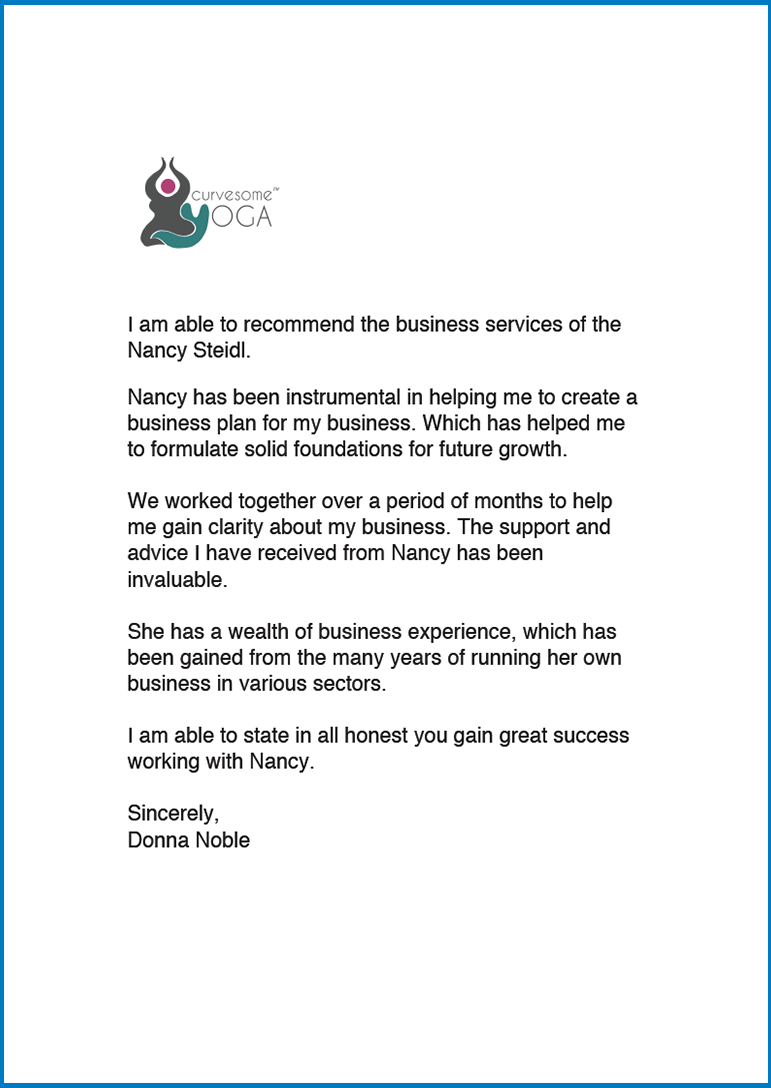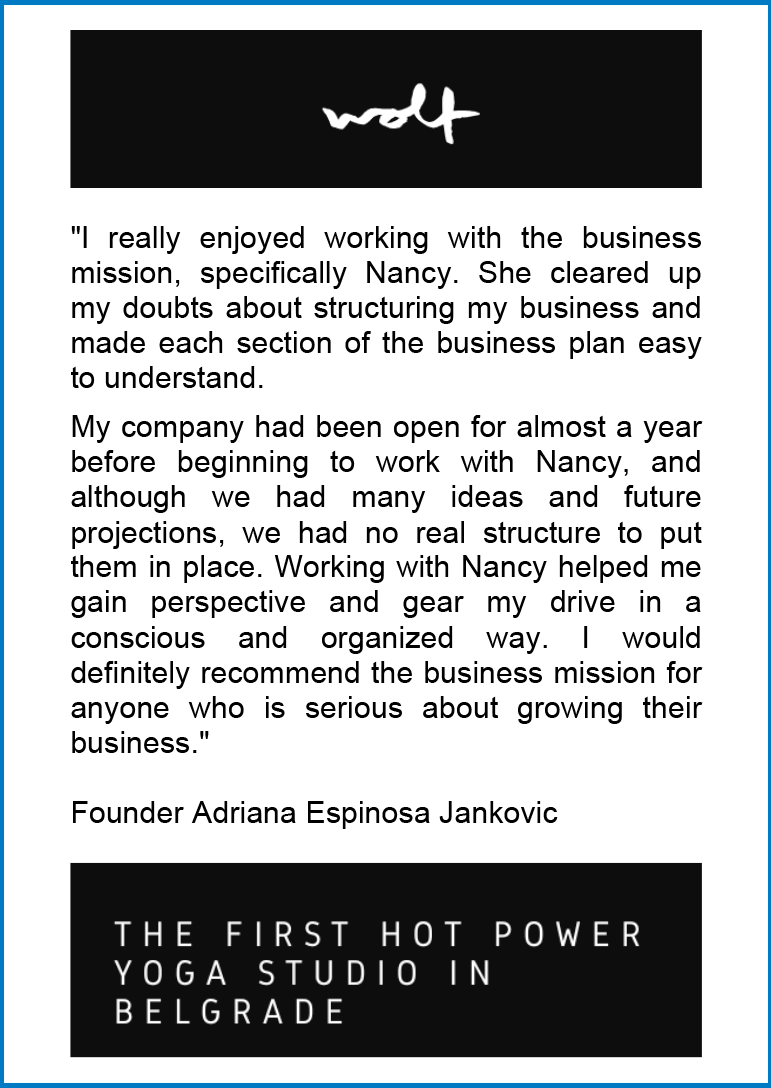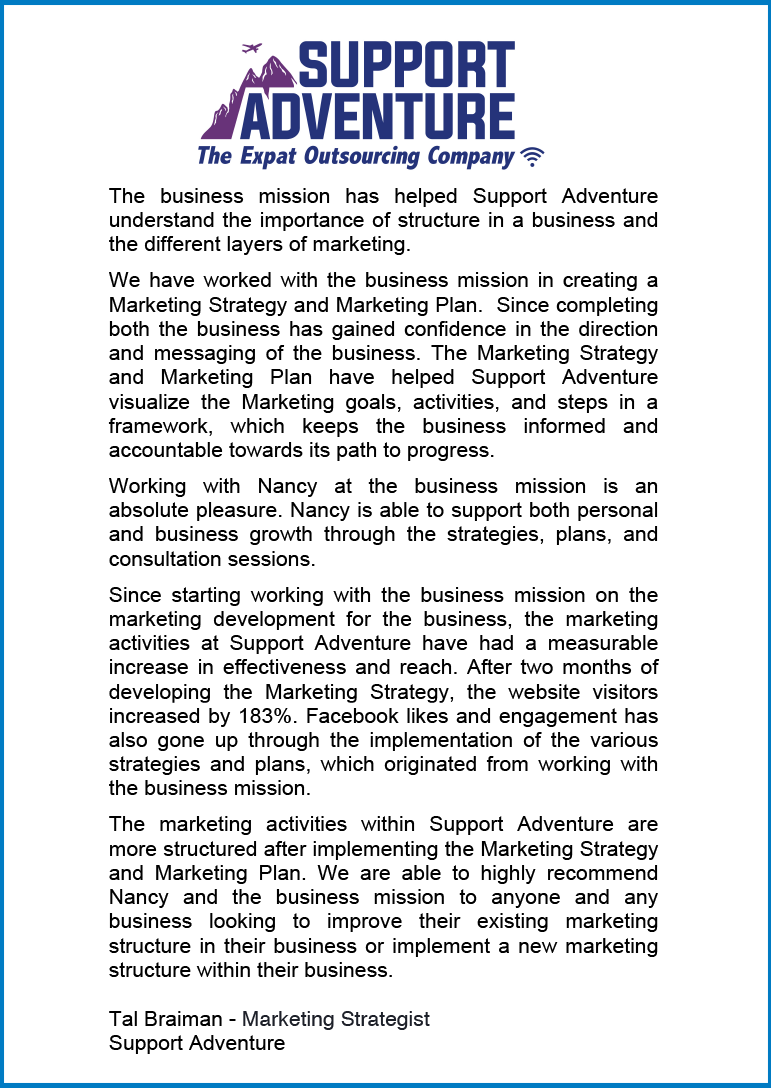In today’s digital landscape, artificial intelligence (AI) is transforming creative industries in unprecedented ways. From generating music to creating visual art and even writing stories, AI technologies are pushing the boundaries of human imagination. However, as we manoeuvre this AI-powered creative revolution, we encounter new questions about copyright ownership and intellectual property (IP) protection which impact creators like us, policymakers, and legal experts alike.
AI tools are becoming increasingly prevalent in our creative processes, helping us explore new ideas and possibilities. For instance, platforms like Amper Music and Jukedeck assist us in composing original tracks tailored to our unique style and preferences. Similarly, tools like DeepArt and DALL-E empower us to produce stunning visual artworks with just a few clicks. And let’s not forget about AI-driven language models like OpenAI’s GPT-3, which can generate captivating stories and articles, blurring the lines between human and machine authorship.
With the rise of AI-generated content, we find ourselves wrestling with complicated questions about ownership and authorship. Unlike traditional works created by human hands and minds, AI-generated creations lack a clear sense of authorship, leaving us uncertain about who rightfully owns these outputs. Moreover, existing copyright laws may not fully address the unique challenges posed by AI-generated content, leaving us and our fellow creators in a legal grey area.
Beyond legalities, we’re also confronted with ethical dilemmas surrounding AI in creativity. We must ensure tour AI-driven creative processes are transparent, accountable, and fair, upholding the values we cherish as creators. Additionally, we must address concerns about biases in AI algorithms and their potential impact on cultural diversity and representation, fostering inclusive and equitable creative environments.
As we move forward with these challenges, us and our fellow creators need to collaborate with policymakers, legal experts, and technologists to develop a holistic structure which balances innovation with IP protection and ethical considerations. By engaging in open dialogue and proactive problem solving, we can shape laws and guidelines which support our creative endeavours while respecting the rights of creators and promoting diversity and inclusion. Moreover, we must prioritize public awareness and education initiatives to empower the digital generation to navigate the evolving landscape of AI-driven creativity.
The integration of AI into creative industries offers boundless opportunities for exploration and expression. Yet, as creators, we must confront the complexities of copyright and IP in the digital age with vigilance and empathy. By embracing dialogue, collaboration, and ethical leadership, we can navigate these challenges and ensure AI-driven creativity flourishes while upholding the values of integrity, inclusivity, and innovation.


